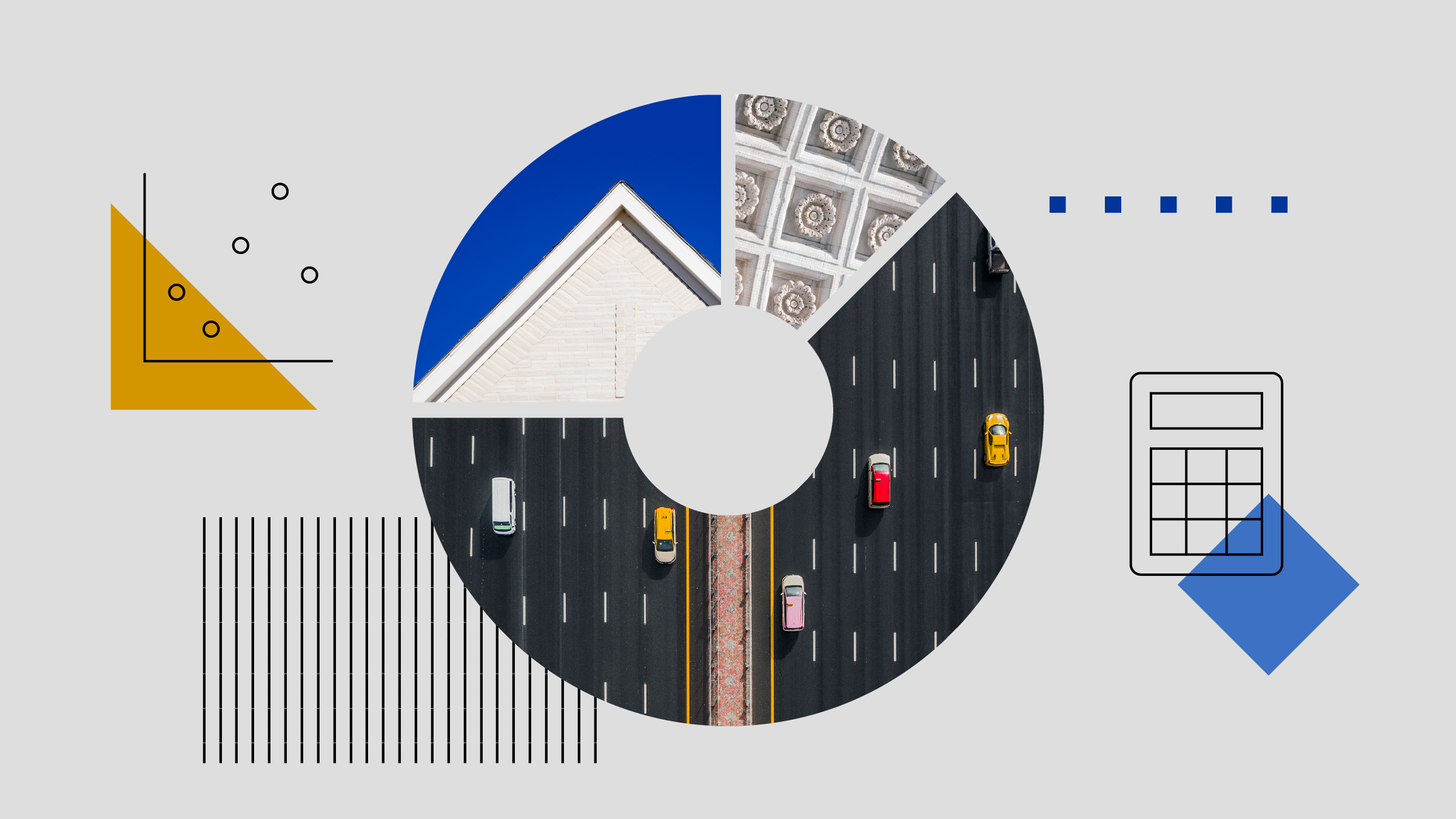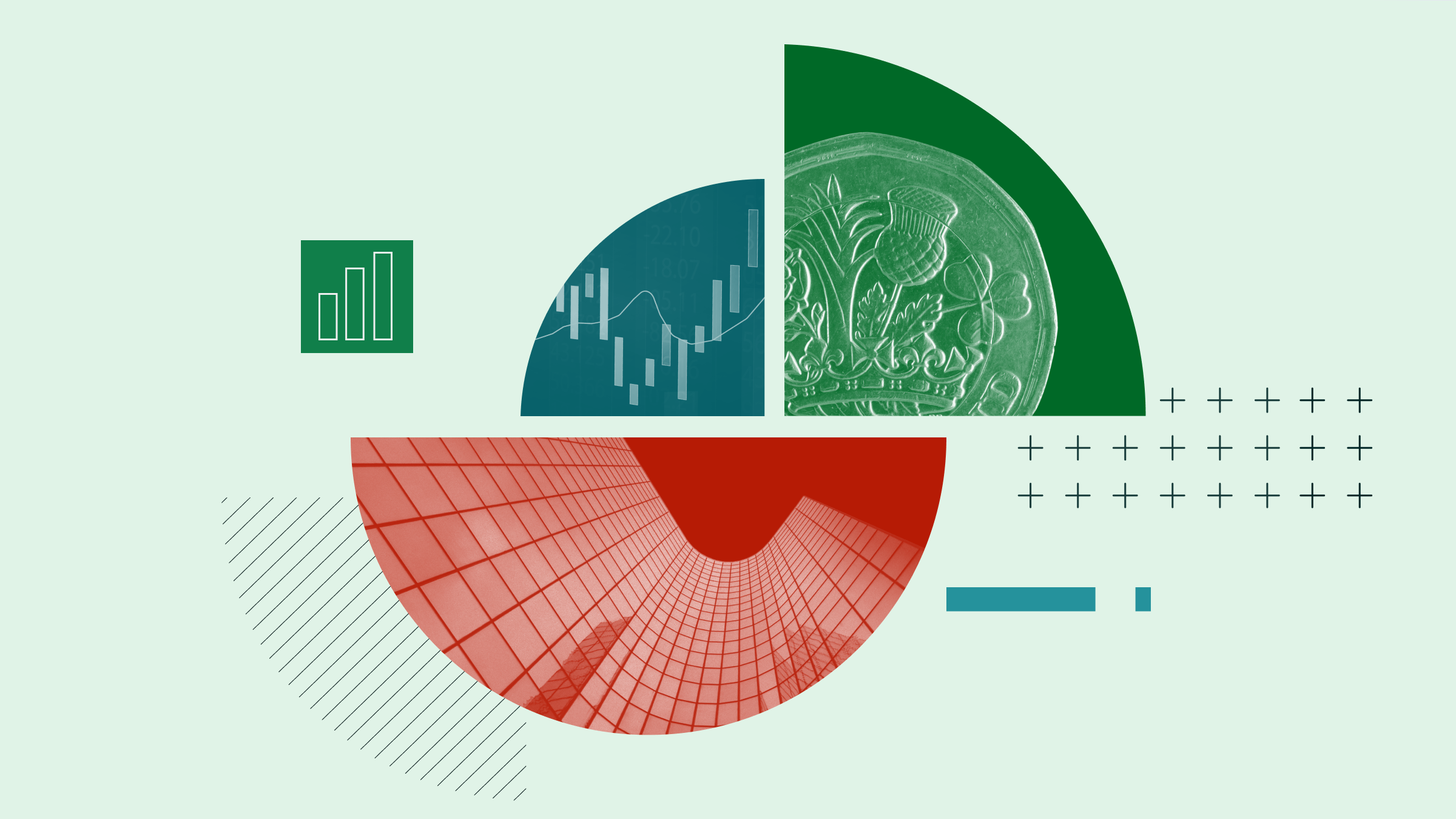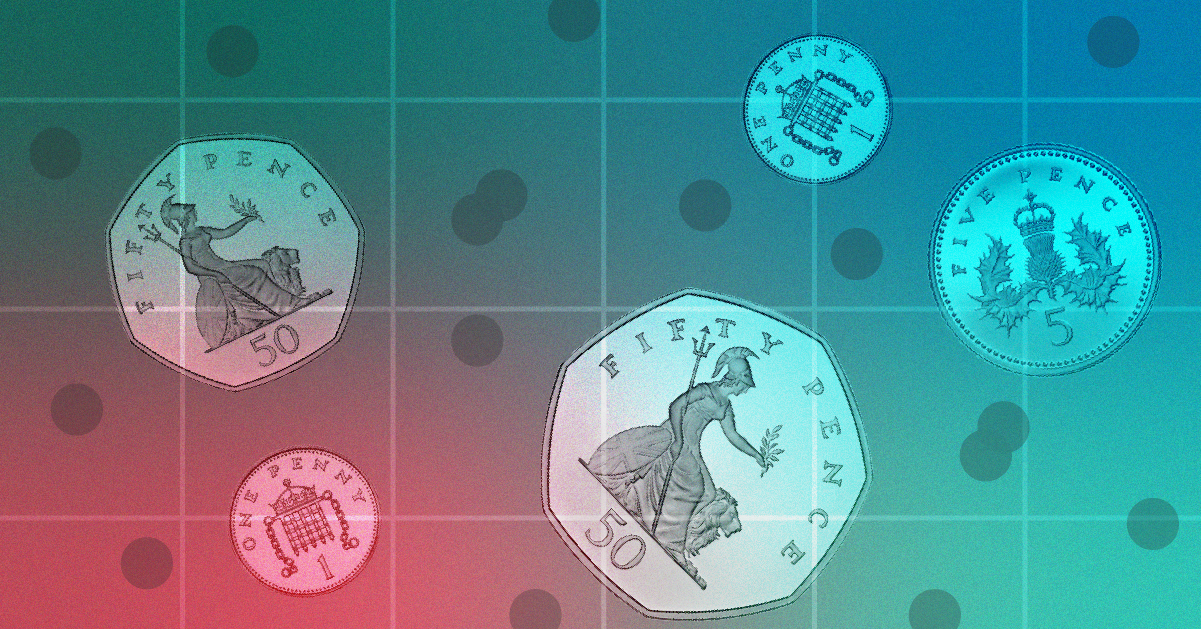
Tax is often the last thing that investors and savers think about when choosing an exchange traded fund, but it can have a big impact on returns. Let’s run through some frequently asked questions.
Hang on, I Thought My ETF Was Tax Free? The ETF is a financial instrument like a fund, investment trust or stock so is not tax free in all circumstances. In the UK we have the ind ividual savings account (ISA) allowance, which is £20,000 per person. Plus there is the junior ISA, with a limit of £9,000 for each child. A family of four could conceivably invest £58,000 each tax year, and that could all be invested in ETFs. Self-invested personal pensions (SIPPs) also act as a tax shield.
The majority of people do not fill all their ISA allowance each tax year. But for those who do, there will be tax implications.
When You Say Tax Free, What Does That Mean? In this case, if you’re investing in ETFs in an ISA wrapper, you’re shielded from capital gains tax. Dividend income is also received tax free. In an example, you put £20,000 in a global ETF tracker and it rises to £30,000; the tax authorities can’t touch that gain. Likewise, you may get £1,000 a year in dividend income from an income ETF; again, you get to keep all of this.
Hold those two taxes in your head until we look at them again later.
What About ETFs and Inheritance Tax? This is a hot topic after the “death tax” was expanded in Labour’s 2024 Autumn Budget to include defined contribution schemes into IHT calculations from 2027. Like all ISA or non-ISA investments, ETFs are very much “in scope” for inheritance tax, which is a flat 40% above a certain threshold. It’s worth talking to an IFA to ask whether you are likely to be subject to IHT and whether ETFs are an appropriate vehicle for your investment needs.
I’m an ETF Investor Who’s Breached My ISA Limit. What do I do? Let’s start with capital gains tax—also a target in the October Budget. ETFs have no special tax status here. Every year you get a capital gains tax allowance, which is currently £3,000, recently lowered from £6,000 (and £12,300 a few years ago). Remember that you can transfer assets to a spouse or civil partner to utilize both individual allowances.
Prior to the Budget, the CGT rate applied depended on whether the gain related to residential property (second homes, not primary residences). Now, all types of gain are subject to the same “residential” rate. For investments like ETFs, you would now pay 18% as a basic rate tax payer or 24% as a higher rate tax payer. You may notice that this lower than what you pay on income tax as a basic or higher (or indeed additional) rate tax payer.
So I just pay my CGT at 18% or 24% then?
Check Out Your ETFs Reporting Status. Here’s where things can get tricky. While they may be traded on the London Stock Exchange, ETFs bought and sold by a UK investor are often “domiciled” outside of the UK and are technically “offshore”, a word associated with tax havens and wealthy people. When you look at the ETFs' ISIN for example, you may see IE or LU at the beginning instead of GB (although ETFs can in some cases start with GB too). This is unlike UK shares which would always have GB as a prefix.
Despite Brexit, you still have access to a wide range of ETF products.
The biggest issue is whether the ETF you buy have “UK reporting fund status” according to UK tax authorities. The majority do—and it should be readily accessible information on a fund factsheet, or on an investment platform. Morningstar’s ETF center can provide the information too. But if the ETF doesn’t have reporting status, that could radically alter the tax you might have to pay. For example, an additional tax rate payer could assume their ETF gains are identical to those of say a fund or share, so subject to capital gains tax rates. But buying an ETF without UK reporting status could expose your gains to a 45% tax here.
Accountants EY have a useful guide to how this works. Again, it’s worth getting either tax or financial advice if you are unsure how it might affect you.
What About ETF Income Then? The “personal savings allowance” (PSA) is a handy buffer for savers, and also helps HMRC because it removes the hassle of administering and keeping track of small interest amounts. If you’re a basic rate tax payer you can earn £1,000 in interest tax free, higher rate tax payers get a £500 allowance and additional rate tax payer get nothing.
Here you might assume that your ETF dividends are taken care of by the PSA, but that’s not correct, as they are “income” and not “interest”. It’s probably easiest to think of the income as like your usual share dividends.
So here the dividend allowance comes into play instead. This was £2,000 in 2022/2023 and has been tapered down to the current £500 allowance for 2024/2025, where it will remain for 2025/2026. Once again, there is another tax rate to consider here, which is connected to your income tax status but not the same rate as that: basic rate taxpayers pay 8.75% on dividends, higher rate taxpayers pay 33.75%, and additional rate taxpayers (who pay 45% on income) pay 39.35% on dividends.
Again, the tax treatment is different if you choose to have your dividends reinvested rather than paid out as cash.
Should I Just Stick With ISAs Then? You could be forgiven for drawing that conclusion, given the multiple tax exposures outlined here. Many ETFs, especially trackers, don’t pay cash dividends at all so that takes care of that particular tax anxiety.
For those who can’t keep within their ISA allowance or for those who rely on the income from ETFs, expert help is available to advise on the best way of reducing their tax exposure.
The author or authors do not own shares in any securities mentioned in this article. Find out about Morningstar's editorial policies.




























